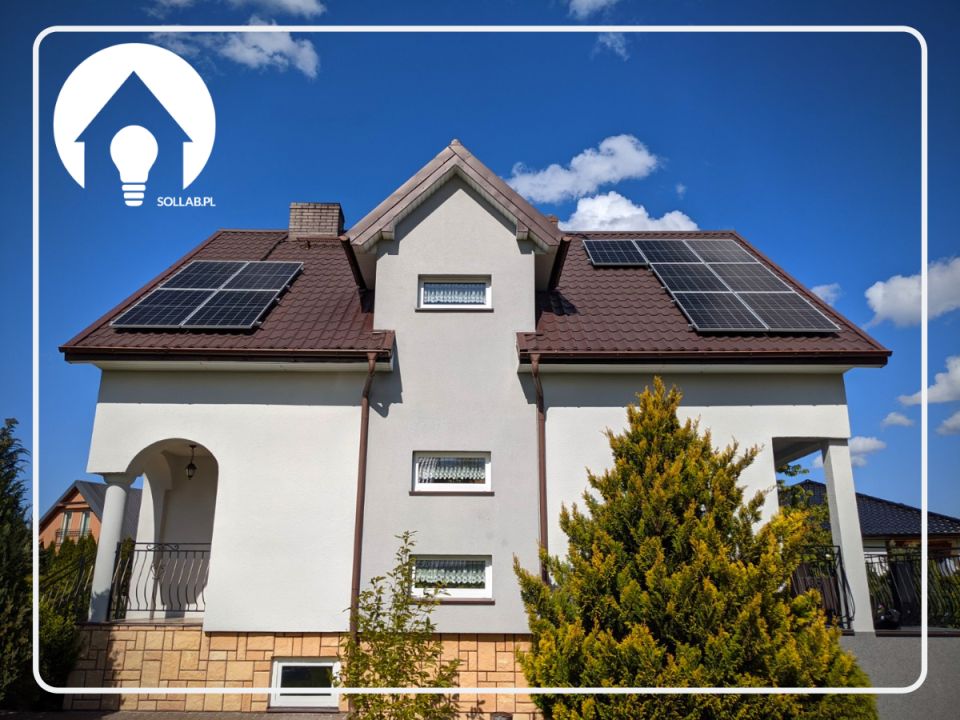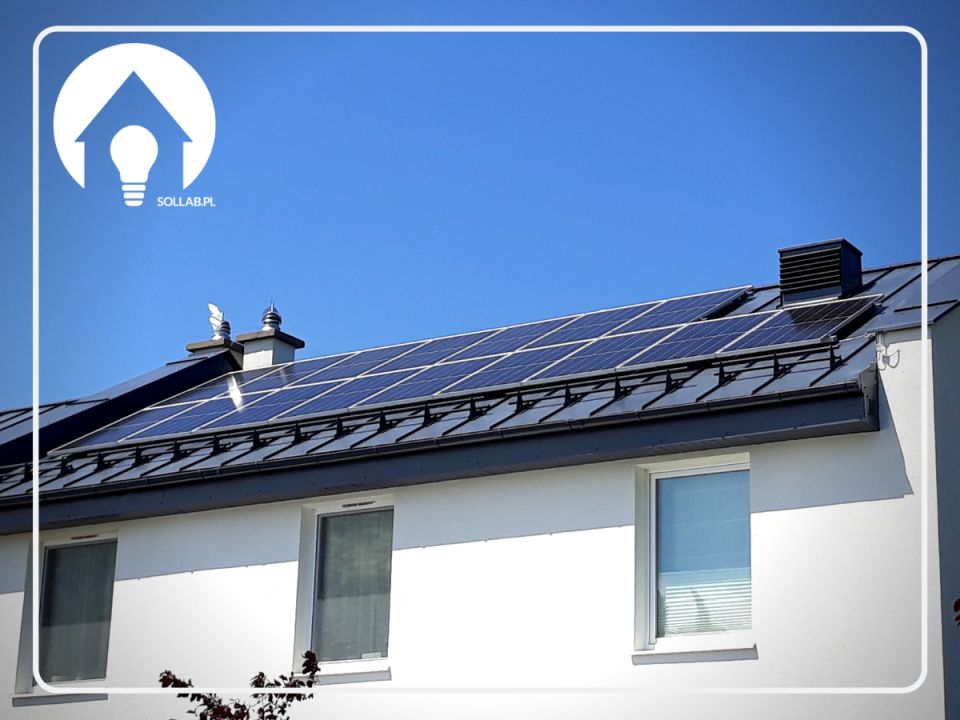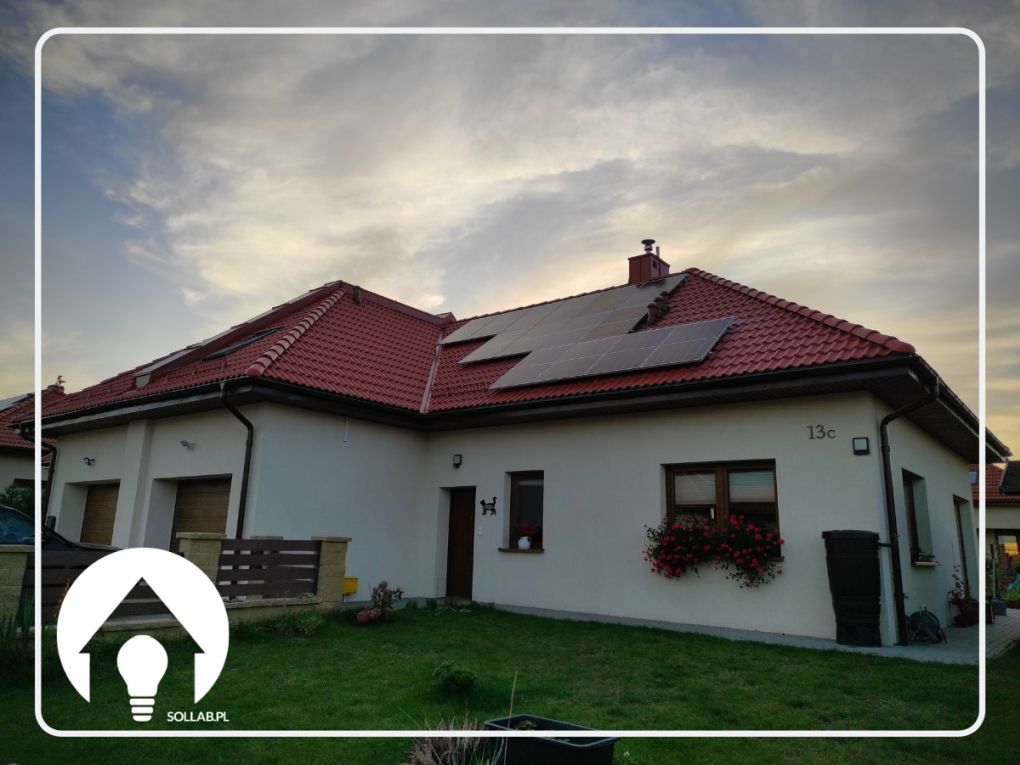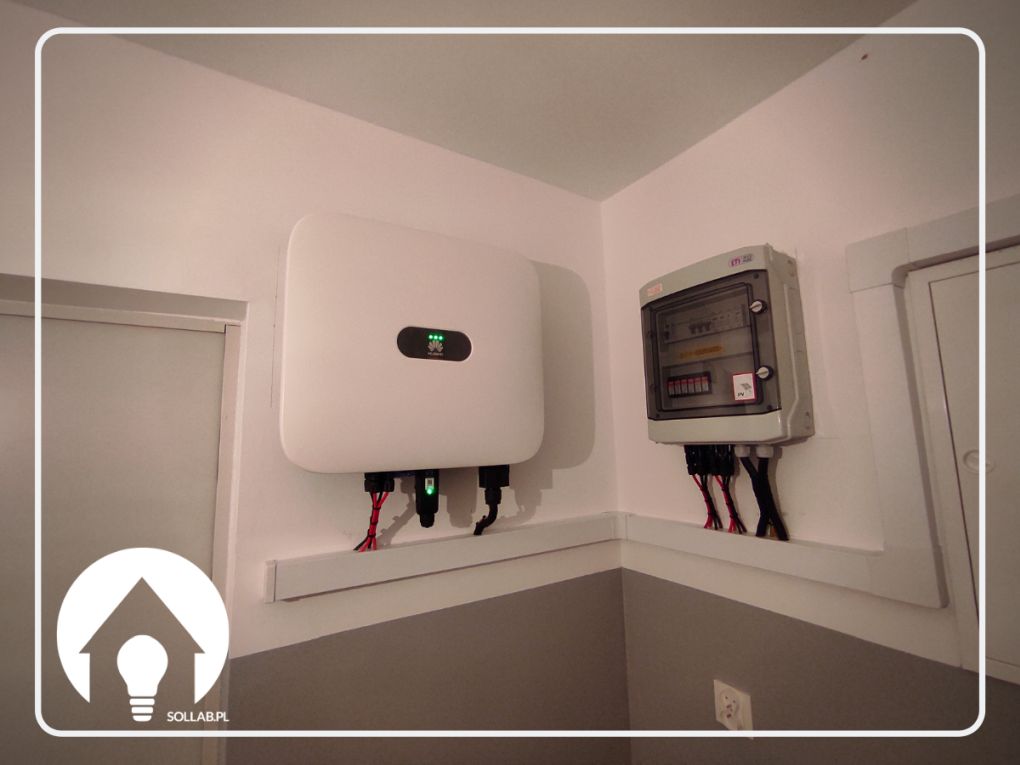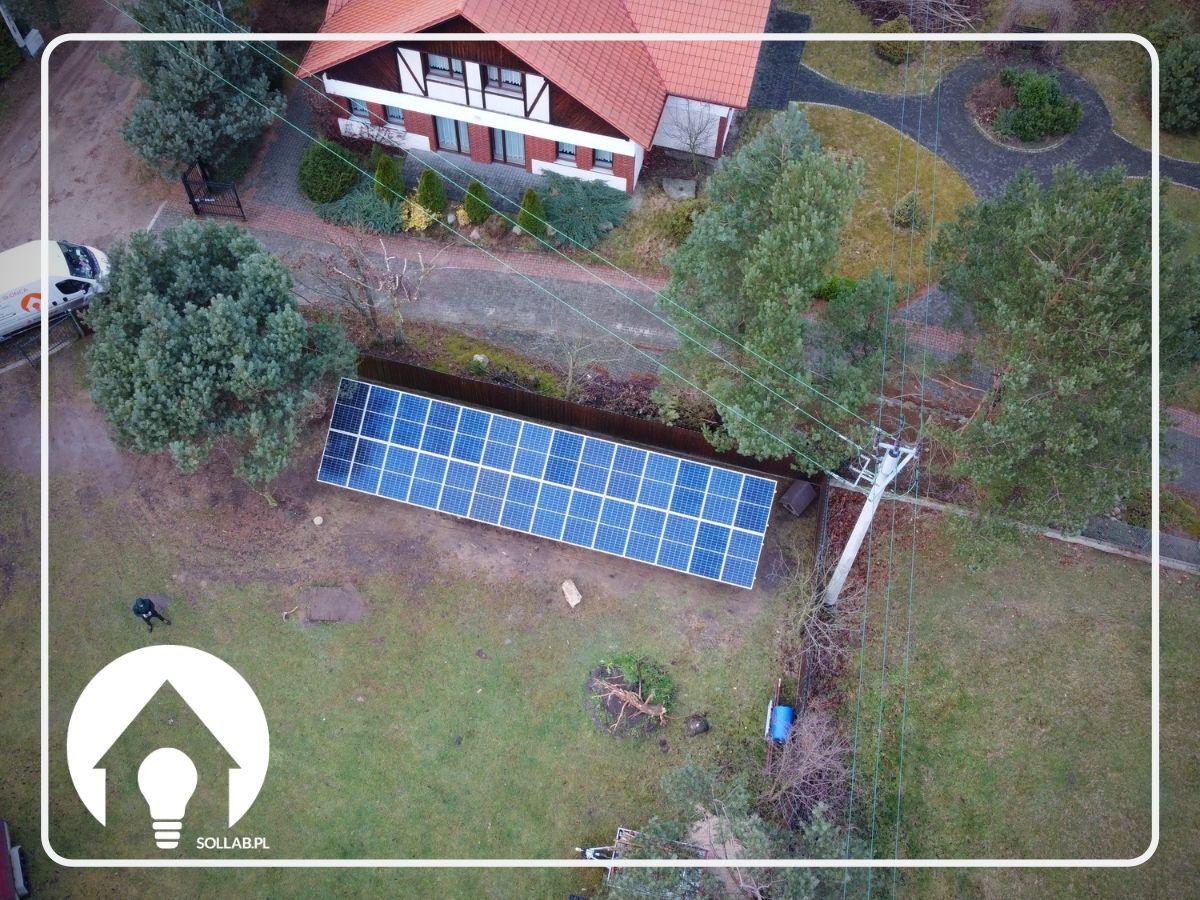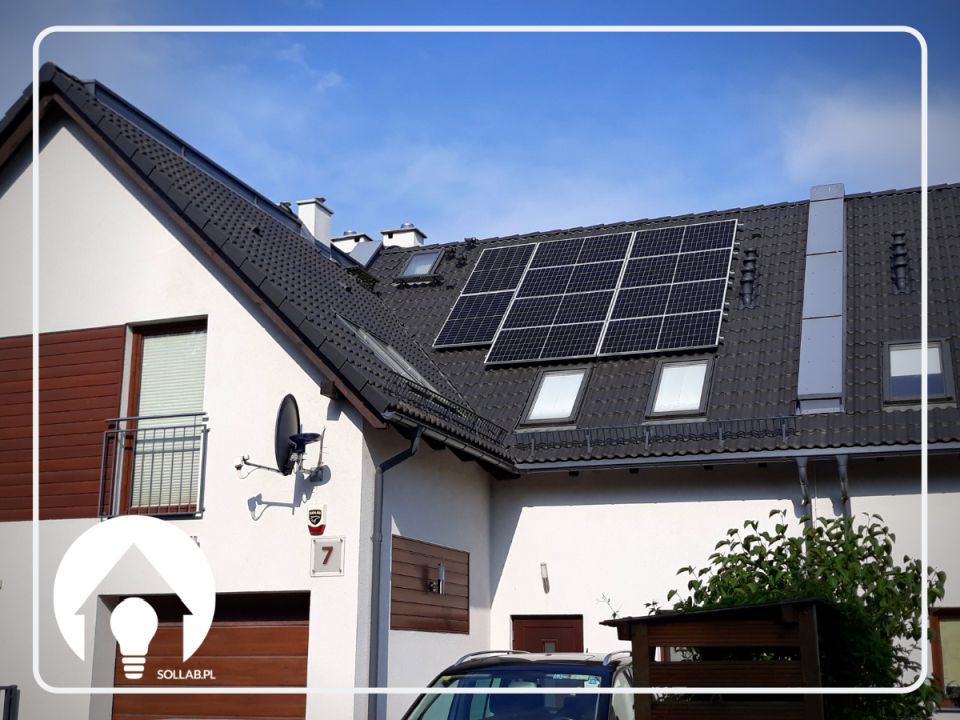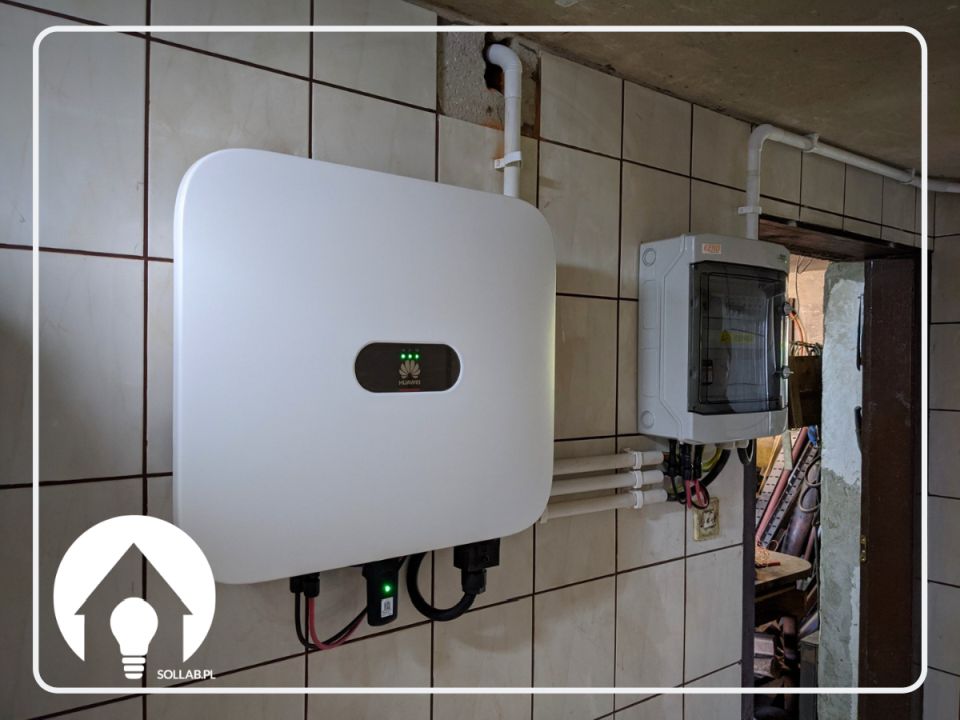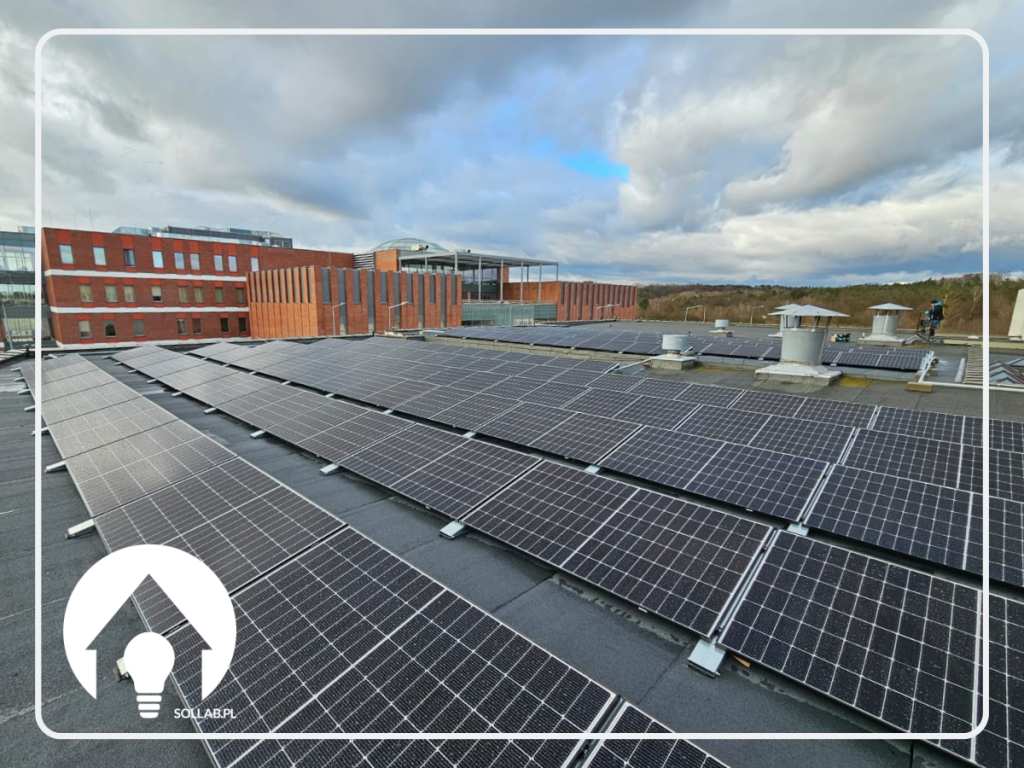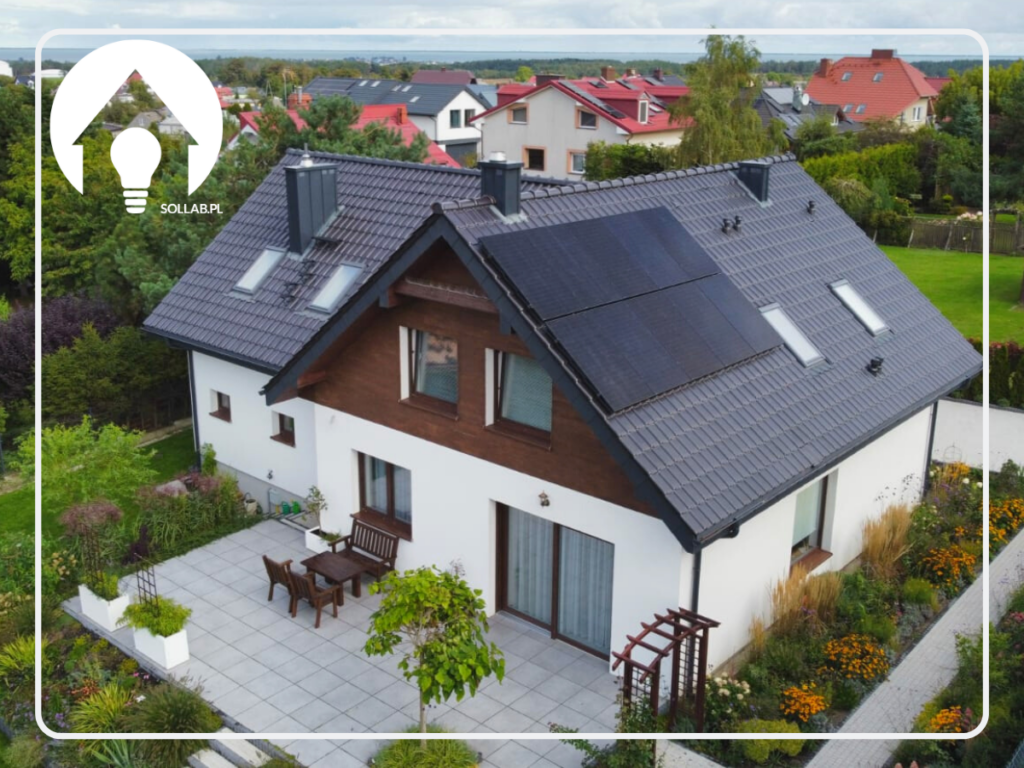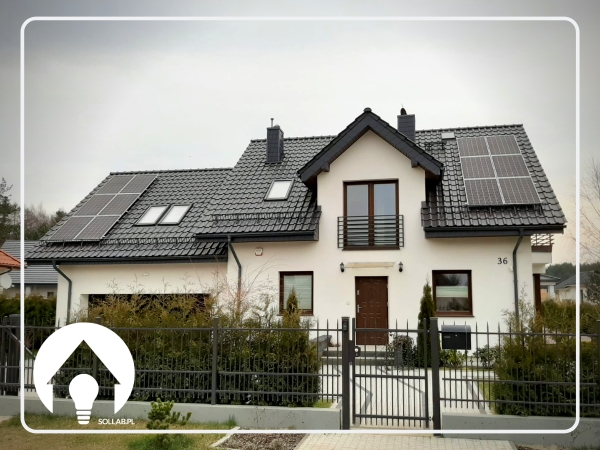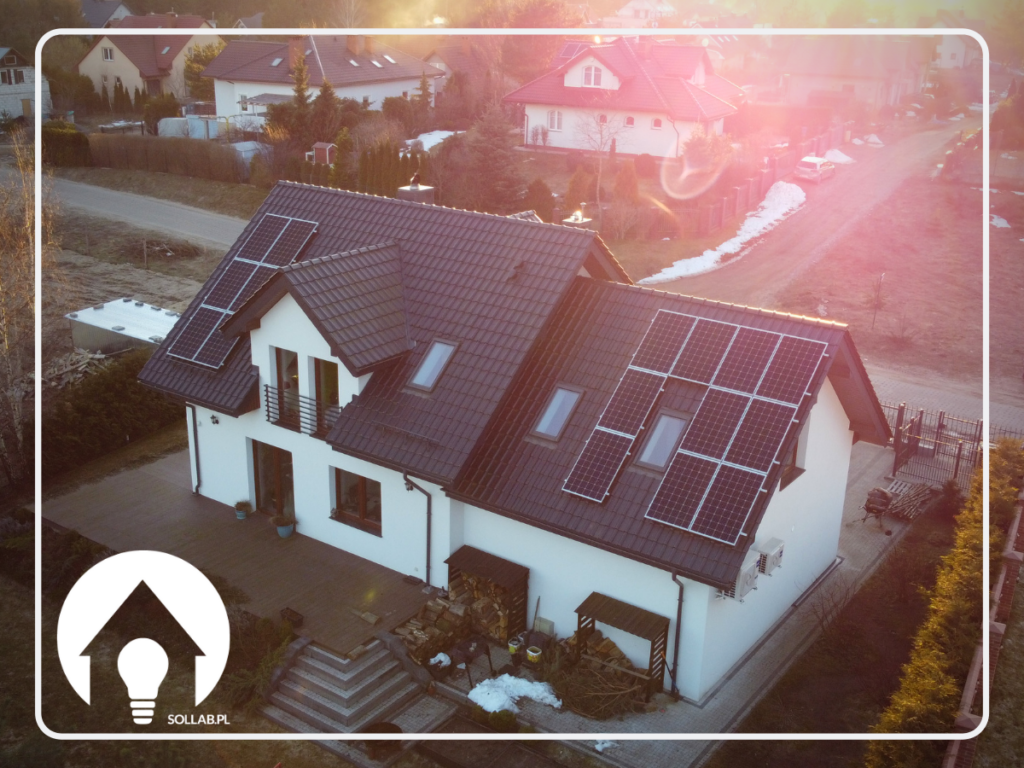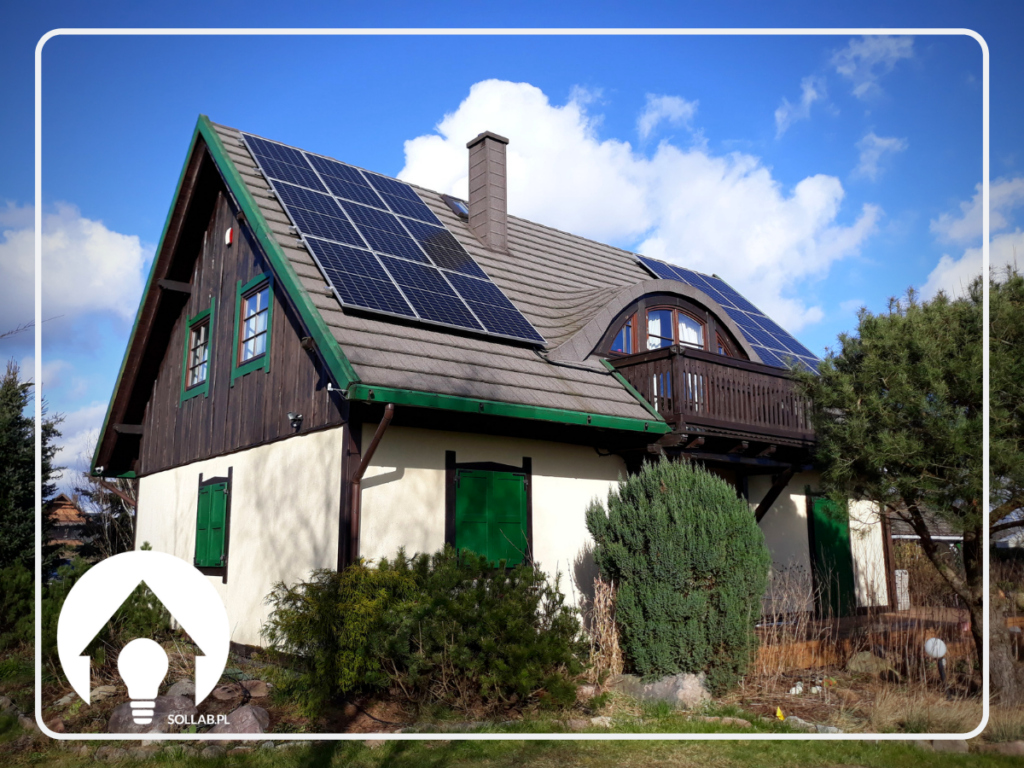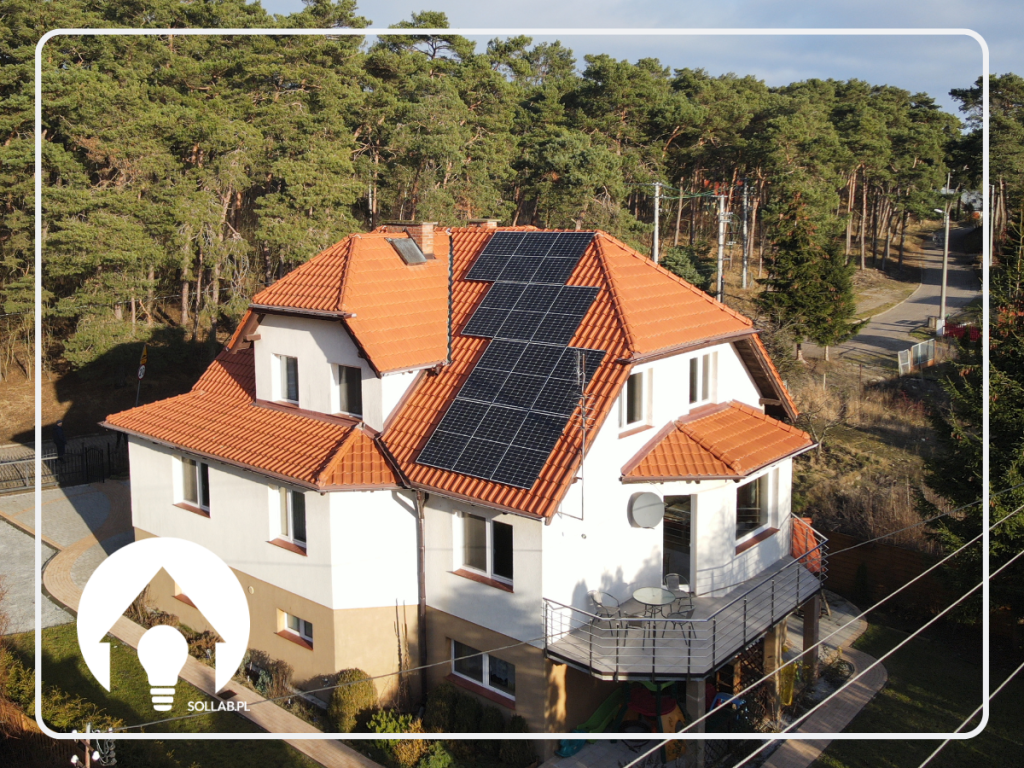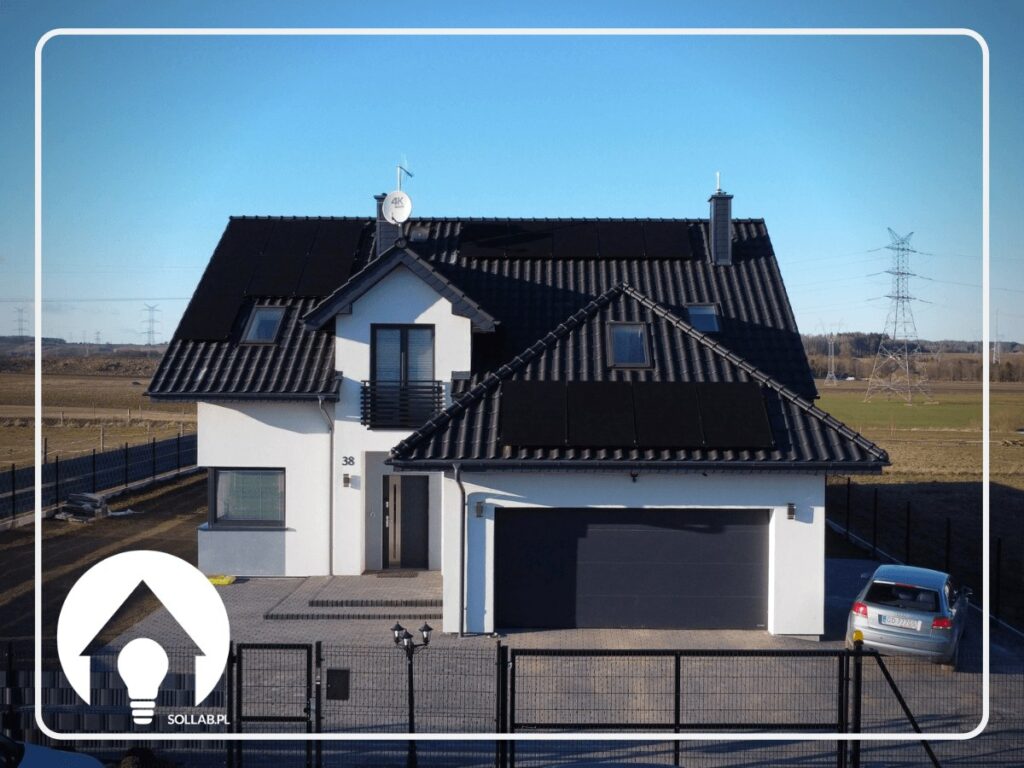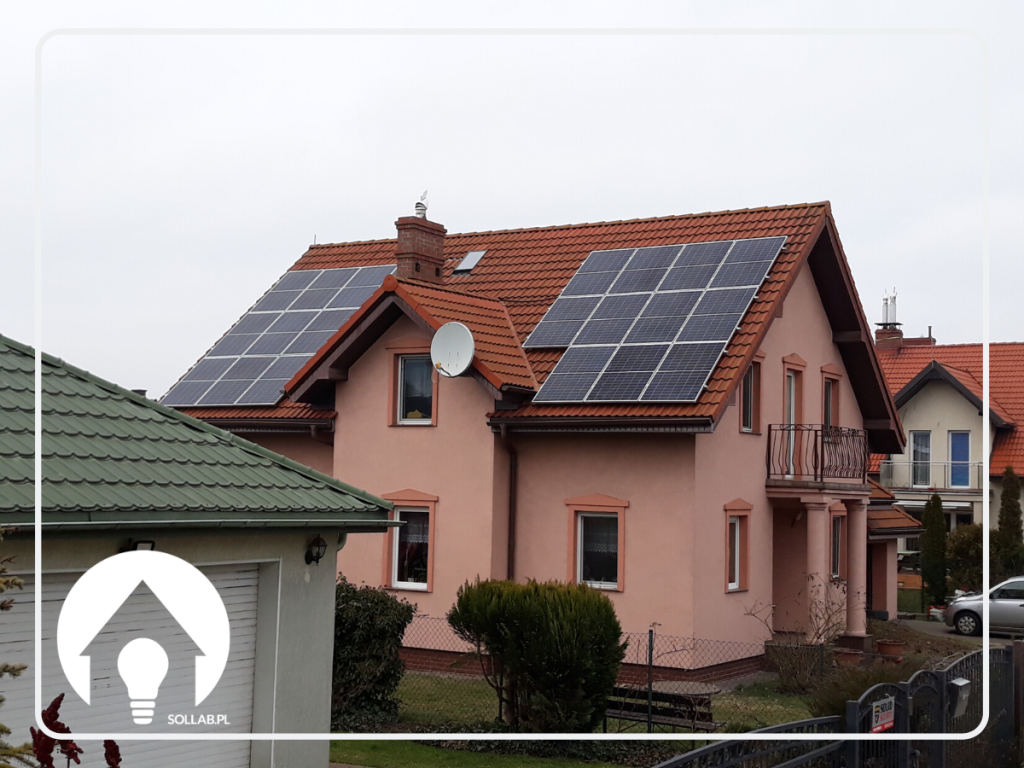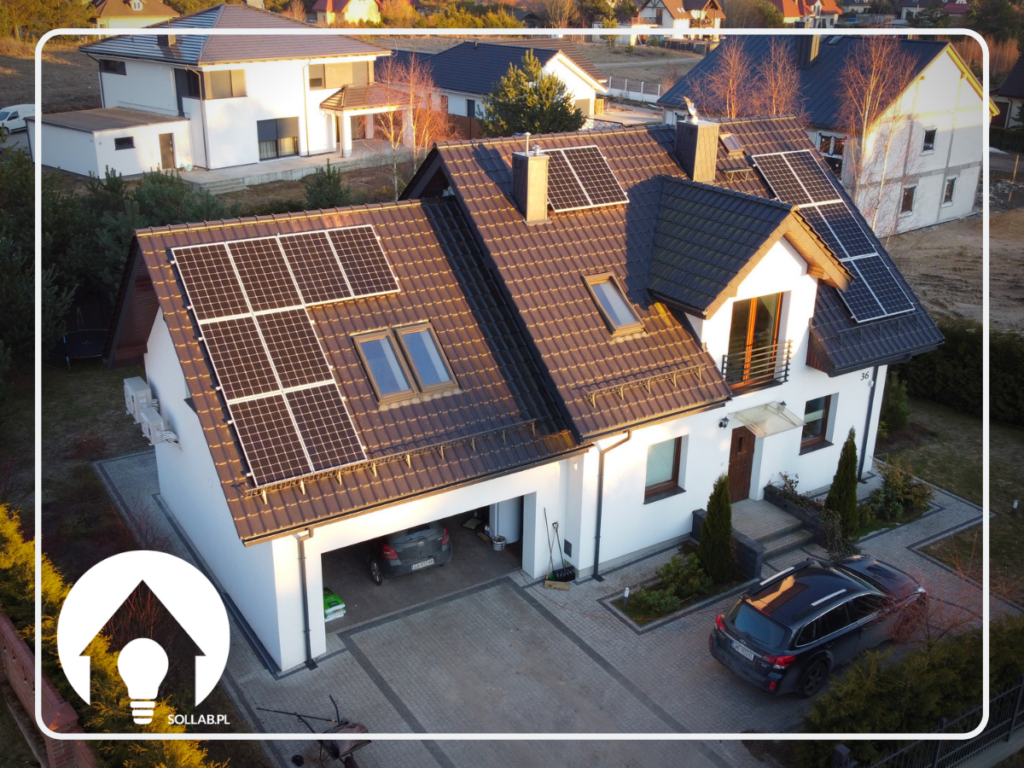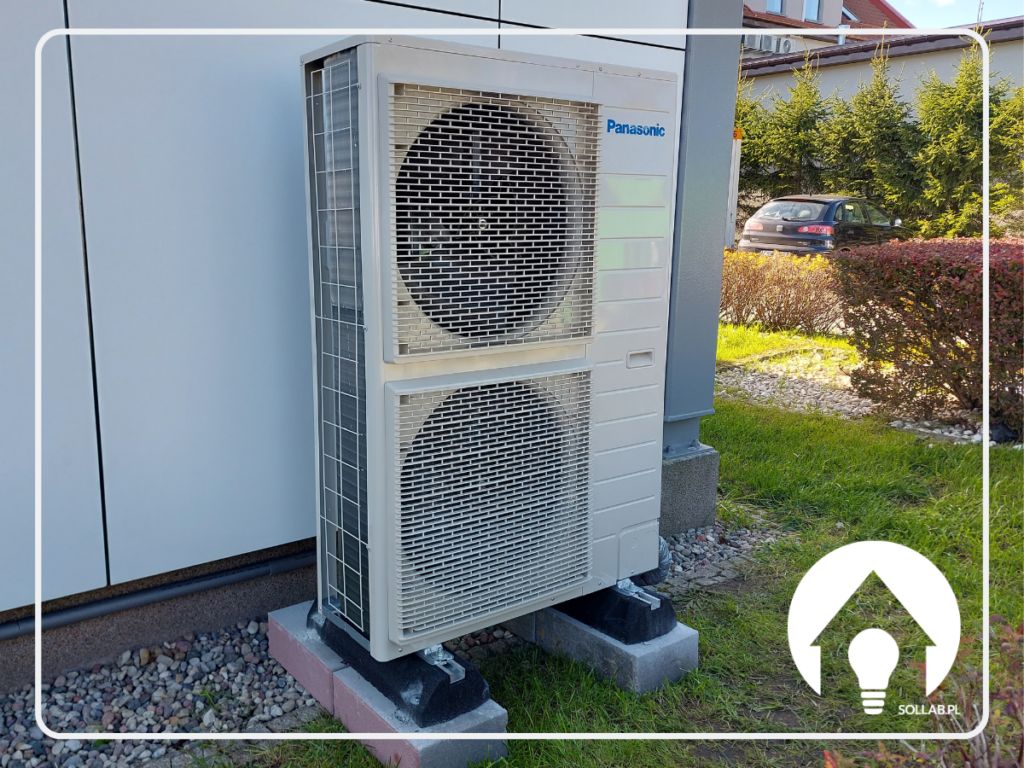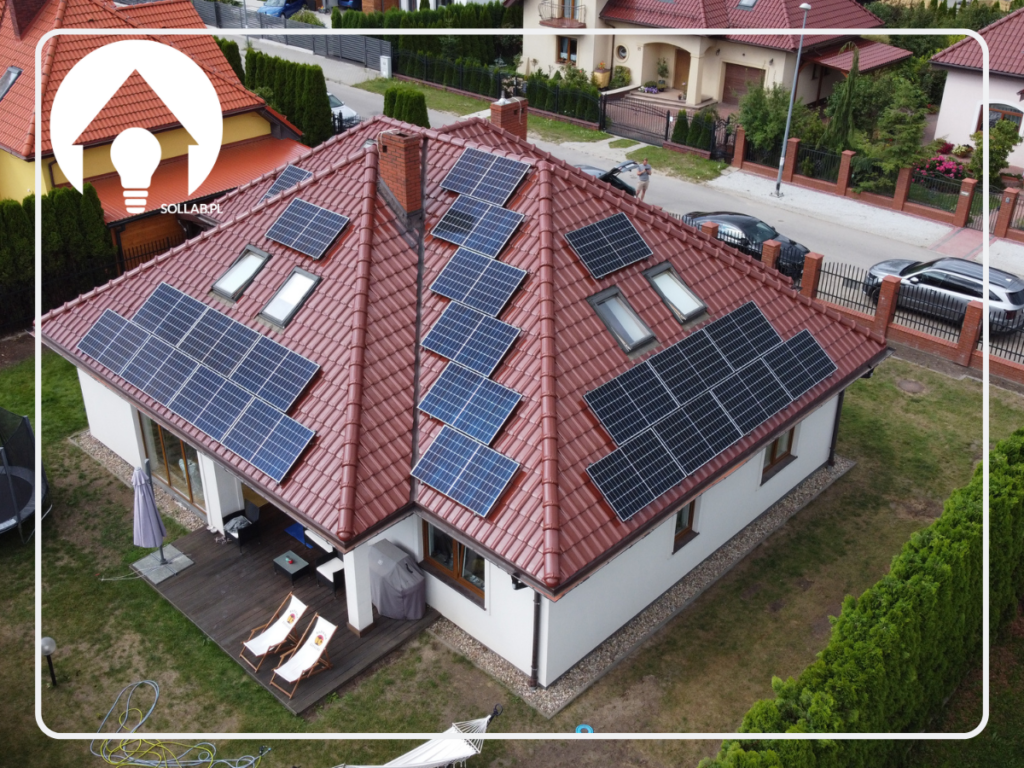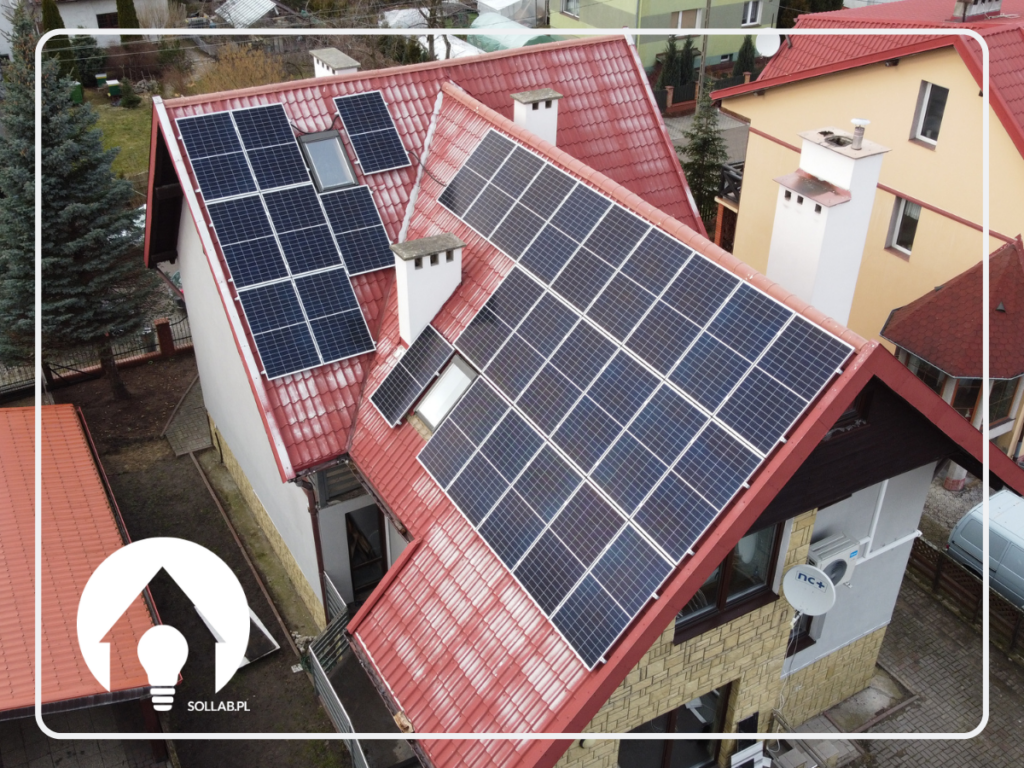Photovoltaics in Elbląg are becoming increasingly popular. Photovoltaic installations are cost-effective for both individual and business customers. Constantly rising electricity prices are the main factor encouraging Elbląg residents to invest in photovoltaic panels.
Photovoltaic panels Elbląg - time for ecological solutions
Recently, solar panels have become increasingly popular. This is for good reason. Photovoltaic systems allow us to save a lot, and we can also count ourselves among those who care about the Earth. What's more, installing solar panels in your own home gives you the opportunity to become independent of your electricity supplier.
Photovoltaic technology is gaining a lot of publicity. You can see more and more buildings with a photovoltaic installation on the roof, and there is no shortage of solar installations on the ground. Many people are no doubt thinking where such great success of photovoltaics comes from. It is therefore important to start with how it works.
What are photovoltaic panels? How does photovoltaics work?
Photovoltaics is nothing more than the use of solar radiation to generate electricity. You can use the energy you obtain not only to power the various electrical appliances you have in your own home, but also to heat water or to heat the building you inhabit.
The key component we need to generate electricity are photovoltaic modules, often colloquially referred to as photovoltaic panels. These are usually installed on the roof of the house. In a large proportion of cases, it is not necessary to reinforce the structural elements of the roof - this is only the case with older buildings.
In photovoltaic panels, the photovoltaic phenomenon occurs, which involves the conversion of solar energy into electrical energy. The electrical charge is conducted in the cells, which are created from a semiconductor material. One of the frequently used materials for cells is silicon.
Elbląg - Types of photovoltaic panels
Solar panels are divided into a couple of groups: monocrystalline modules and polycrystalline modules. Monocrystalline modules are characterised by the highest class and also performance among other modules. These modules are built from a single silicon crystal. Thanks to their rather low production costs, monocrystalline modules are among the most popular modules at the present time. In contrast, the production process for polycrystalline modules is somewhat simpler. They are formed from pure silicon semiconductors. The estimated efficiency of polycrystalline panels, as opposed to monocrystalline, is 3% less.
Is the use of a photovoltaic installation really green?
Of course. A photovoltaic installation does not require any auxiliary energy sources, and has no harmful effects on the environment. One of the reasons why people choose to install a photovoltaic installation is that it is completely ecological and does not involve contamination of the ecosystem.
Is there anything to be afraid of? What concerns might investors in photovoltaics in Elbląg have?
There are a lot of rumours being passed around among potential buyers of photovoltaic panels, which are unfortunately often repeated. What are these myths?
Myth 1: There is not enough sunshine in Poland for the use of photovoltaic panels
This is the most frequently repeated myth, which is totally not reflected in practice. As long-standing experts in the installation of panels in Elblag, we can emphatically deny it. Our customers are satisfied and, after a few seasons, achieve 100 per cent independence from electricity suppliers.
In addition, Poland has similar insolation to Germany, which is the leading country for photovoltaic installations in Europe.
Myth 2: Investing in photovoltaics does not pay off
This is not true. There are plenty of subsidies and incentives for the installation of photovoltaic panels, so that the costs incurred pay for themselves even faster. In addition, it should be taken into account that every year electricity prices increase and the payback period for the investment decreases.
Myth 3: Photovoltaic panels won't heat your home on a cloudy day
It is a fact that the most favourable weather for a photovoltaic installation is a sunny day. But on a cloudy day, solar panels will also do their job. Reduced solar radiation affects the efficiency of the system, but does not make the installation non-functional.
See realisations in other cities:


